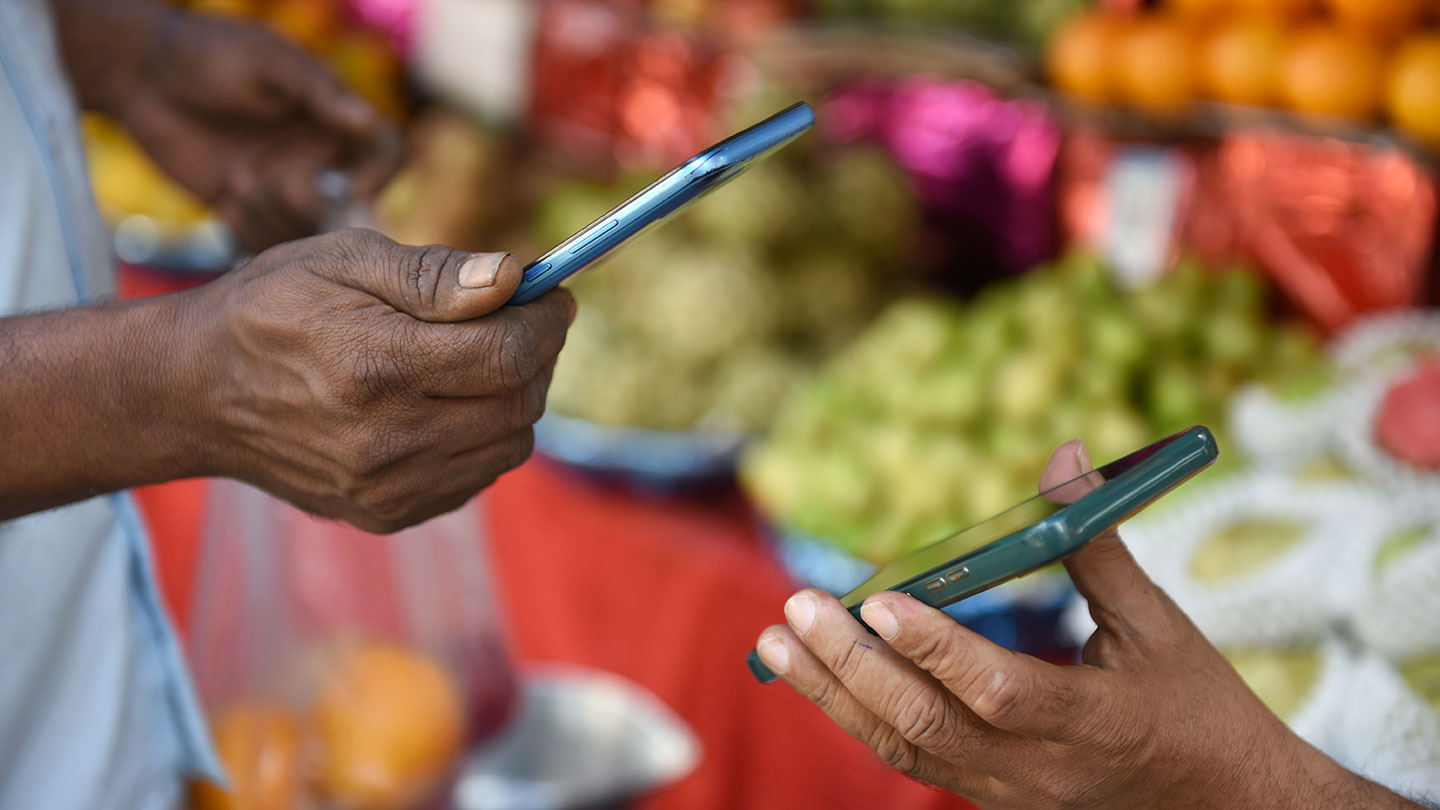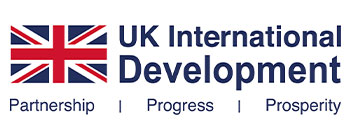
Mobile for Humanitarian Innovation Annual Report 2023
Introduction
2023 saw the highest number of humanitarian crises in a decade driven by conflict, but also climate shocks. The GSMA Mobile for Humanitarian Innovation (M4H) programme responded by strengthening our efforts to build responsible digital ecosystems. We did this through:
Launching two rounds of humanitarian innovation funding to support safe and effective innovators, such as startups and NGOs.
Playing a key role in two major global initiatives: Early Warnings for All (EW4All) and Connectivity for Refugees.
Influencing the debate by increasing our profile and impact at global and regional forums of the United Nations, humanitarian agencies and industry.
Enabling multi-stakeholder cooperation in disaster preparedness and response through the Humanitarian Connectivity Charter (HCC).
Working with mobile industry and humanitarian partners to identify shared opportunities in Tanzania and Uganda and expand partnerships in Burundi and Somalia.
Working with governments in Kenya, Jordan and Somalia to build capacity, overcome regulatory barriers and design national emergency telecommunications plans.
Producing evidence-based thought leadership on connectivity in crisis and cell broadcast technology for early warning systems.

Our impact to date
The M4H programme has achieved the following through our innovation funding, partnerships, thought leadership and convening.
 12,166,560
12,166,560
people reached
 5
5
humanitarian innovation fund rounds launched
countries where projects have been implemented
active innovation fund grantees
 £35,937,055
£35,937,055
total crowd-in funding
 £5,907,110
£5,907,110
total funding distributed
innovation fund grantee alumni
strategic partnerships formed
 61
61
thought leadership pieces published
 161
161
events and high-level convenings attended
Anticipating and responding to disasters: Early warnings and anticipatory action
Mobile technology is at the frontline of global efforts to anticipate and respond to disasters, which are becoming more frequent and severe. In 2023, the M4H programme engaged with the mobile industry, funded innovators, published thought leadership, supported governments and championed the global EW4All initiative at COP28.
The M4H programme brings together industry and humanitarian agencies under the HCC, a set of principles and best practices reached collaboratively between mobile network operators (MNOs) on how to prepare for, respond to and recover from sudden onset emergencies. In 2023, we stepped up our engagement with MNO signatories to address the challenges of more frequent and severe sudden-onset emergencies. This included an HCC workshop in the Caribbean in November 2023 and preparation for an HCC convening in the Asia-Pacific region in January 2024.
As a member of the UN-led Emergency Telecommunications Cluster, including its Strategic Advisory Group, the M4H programme connected mobile industry and humanitarian partners for active responses during the Turkey/Syria earthquakes in February 2023, the Sudan crisis since April 2023 and the Israel/Gaza conflict since October 2023. The GSMA also renewed its partnerships with the World Food Programme (WFP) and UNHCR – the UN Refugee Agency in 2023 as platforms for collaboration.
The GSMA Innovation Fund for Anticipatory Humanitarian Action reviewed funding applications from January 2023. Eight grants were awarded to innovators in seven countries to test solutions for flood early warning systems, cash and voucher assistance (CVA), displacement monitoring and food insecurity. Grantees participated in a GSMA Innovation Fund bootcamp in Kigali, Rwanda in October 2023.

At COP28, the GSMA and industry partners pledged to support the development of early warning systems under the UN EW4All initiative. This global effort aims to ensure everyone on Earth is protected by an early warning system by 2027. The GSMA Director-General, Mats Granryd, is a member of the initiative’s Advisory Panel and the M4H programme is a member of Pillar 3 of the initiative on warning dissemination and communication, led by the International Telecommunication Union (ITU).
M4H contributions to the EW4All initiative in 2023 included research on cell broadcast technology for early warning systems undertaken in close collaboration with the ITU. We also continued our active membership in the Risk-Informed Early Action Partnership, contributing a think piece on technology for risk financing and anticipatory action, and attended events including the 11th Global Dialogue Platform on Anticipatory Humanitarian Action.
Government support in 2023 included work with the Southern African Development Community, the Pacific Islands Telecommunications Association and regulators and industry partners in Somalia, Somaliland, Jordan and Nigeria to deliver the Role of Mobile in Humanitarian Action training course and specific areas of policy support.
Putting inclusion at the centre of our approach
Connectivity does not necessarily benefit everyone equally, and our work has long focused on understanding barriers to inclusion and how to overcome them. Our work on inclusion was again a key theme in 2023 and included:
Publishing a synthesis of M4H lessons on inclusion.
Dissemination of user research on the ‘Digital Worlds of Displacement-Affected Communities’.
Support for the deployment of the M4H Connectivity Needs and Usage Assessment (CoNUA) toolkit.
Delivery of sustainable and impactful market engagement projects in six countries (Burundi, Kenya, Rwanda, Somalia, Tanzania and Uganda). This included delivering CVA at scale, the use of voice ID technology for the delivery of humanitarian assistance and increasing financial literacy in crisis-affected communities.
Research was commissioned on minority language inclusion by CLEAR Global and was published in April 2024.
Expanding the reach of digital financial services
M4H expertise on digital financial services and financial inclusion continued to drive engagement in this increasingly high-profile area through:
Greater financial inclusion was achieved through the Grameen Foundation-led Be-FINE 2 project in Uganda and the Voice ID project in Somaliland.
Ongoing advocacy with government regulators, the mobile industry and UNHCR to expand financial inclusion for refugees in Kenya.
Engagement with key partners and events: the Alliance for Financial Inclusion (AFI) on the financial inclusion of forcibly displaced persons (FDPs) at its regional forum in Uganda and Global Policy Forum in Manila; European Microfinance Week in Luxembourg; a major WFP event on women’s financial inclusion; and the IRC-led Community of Practice for Financial Inclusion of FDPs.
We welcome the opportunity to widen our circle of partners and allies.
Please contact us at [email protected]


